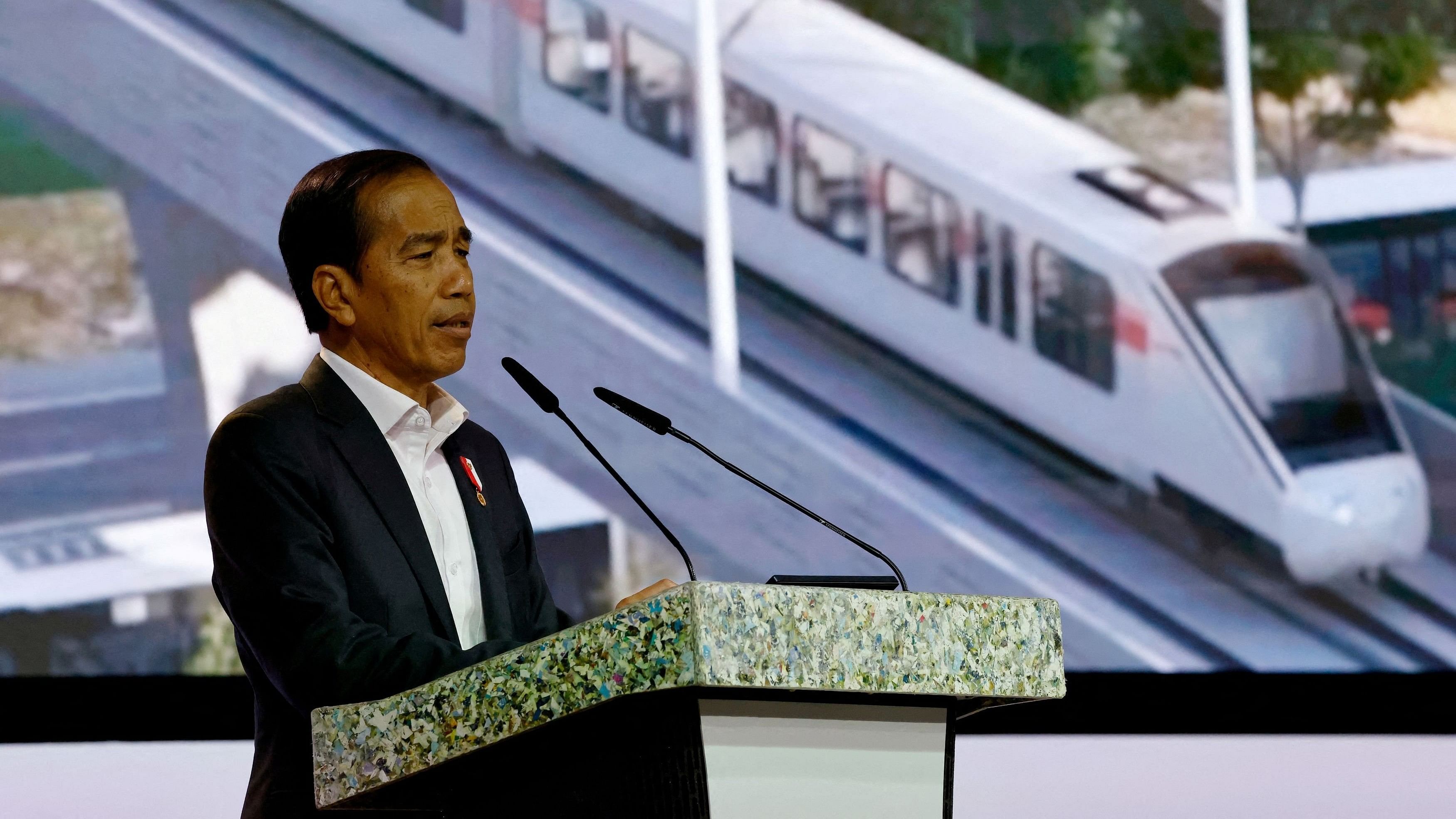
Indonesia's President Joko Widodo.
Credit: Reuters File Photo
Jakarta: Indonesia's President has proposed reinstating a COVID-era policy that relaxed credit rules on bad debts for banks as way to sustain liquidity amid capital outflows, the country's chief economic minister said after a cabinet meeting on Monday.
Minister Airlangga Hartarto said President Joko Widodo's proposal was intended to put liquidity into the banking system and counter the impact of investors repatriating funds from Indonesia.
"This will reduce banks' obligation to cover losses," he said adding the proposal will be given to the Financial Services Authority (OJK) as the regulator.
The rupiah has fallen to four-year lows against the dollar due to a shifting outlook for U.S. monetary policy and investor concerns about the incoming Indonesian government's fiscal stance.
The credit policy allowed banks to avoid making provisions for souring loans during the coronavirus pandemic. The relaxation had ended in March 2024 after being extended several times.
The amount of restructured loans has gone down significantly to 228 trillion rupiah ($13.91 billion) in March from 830 trillion rupiah in October 2020.
The ratio of gross non-performing loans (NPL) for banking sector slightly increased to 2.33% at end-April compared to the previous month at 2.25%, according to data from OJK. ($1 = 16,390.0000 rupiah).